
Brian's Run Pod
Welcome to Brian's Run Pod, the podcast where we lace up our running shoes and explore the exhilarating world of running. Whether you're a seasoned marathoner, a casual jogger, or just thinking about taking your first stride, this podcast is your ultimate companion on your running journey.
Join us as we dive deep into the sport of running, covering everything from training tips and race strategies to personal stories and inspiring interviews with runners from all walks of life. Whether you're looking to improve your race times, stay motivated, or simply enjoy the therapeutic rhythm of running, Brian's Run Pod has something for every runner.
Brian's Run Pod
Running on a Budget
Ever wondered how to keep your running shoes tied tight without squeezing your budget dry? You're about to embark on a penny-pincher’s marathon, discovering how to score killer deals on gear, harness the power of community at local running shops, and clock your splits with an affordable GPS watch. We'll share insights from our own journeys to cut costs without cutting quality, ensuring that your love for running doesn't outpace your finances. Plus, we'll navigate the ever-expanding universe of running apps, from the ones that turn your smartphone into a coach to those that prepare you for your first 5K, and highlight how to combine them with strength training that won't require a gym membership.
But it's not just about saving money; it's about connecting with the soul of the sport. Prepare to be swept away by tales of Olympic glory as we pay homage to marathon legends like Abebe Bikila, who sprinted to gold barefoot, and Eliud Kipchoge, whose legendary strides earned him marathon immortality. Their stories, woven through the fabric of running history, offer more than inspiration; they serve as a reminder that the true essence of running transcends any finish line. So lace up, fellow running aficionados – this is your guide to hitting the pavement without it hitting back, wallet intact.
Brian's Run Pod has become interactive with the audience. If you look at the top of the Episode description tap on "Send us a Text Message". You can tell me what you think of the episode or alternatively what you would like covered. If your lucky I might even read them out on the podcast.
Instagram
So you're thinking about running, but not sure how to take the first step. My name is Brian Patterson and I'm here to help. Welcome to Brian's RomPod. Welcome back to brian's run pod, and it's me, your host, brian patterson. Well, today we're going to be looking at running on a budget. Also, on the podcast, we have a new segment. More about that later on.
Speaker 1:Now you would think that running is relatively cheap sport. You just put on your trainers and your workout gear and you're out the door. Until you start budgeting for 100 pound racing shoes, performance apparel, gps watch, wireless headphones, a heart rate monitor, fancy sunglasses. Honestly, you can make running as expensive as you want, thanks to the proliferation of high-end brands like Nike, new Balance and not forgetting the traditional bands like Adidas and Puma, as well as a constantly evolving fitness technology that aims to optimize every step of your workout. Not everyone is looking to break records, however. I know from personal experience once you get into running, then it's very easy to get sunk into spending more than you bargained for. It's like you go into these running shops with a budget in mind and then you walk out the shop feeling that you've just been fleeced.
Speaker 1:Well, on the podcast today, we're going to talk about how to talk about how we can make running a little easier on the wallet Finding the right gear. Now there are some really good tips from an article written by Flora Beverley about how to save money on buying the right gear. Links will be in the show notes, obviously. Firstly, I'd like to say that if you are started running and feel like you want to take it up really serious hobby, then circumstances have changed and also maybe circumstances have changed that you and also maybe circumstances you may have been made redundant or you're in financial, your financial status has changed. So we'll give you some tips tips on buying second-hand gear and end-of-season discounts. So what about second-hand gear? There are speciality running discount retailers like Relay Goods, which buy surplus inventory from running brands then passes on the savings onto the runner. But you also find lightly worn gear from popular running brands like Patagonia, re, eye On Running and Lululemon. For non-speciality retailers, depop and Vinted and eBay are great sites if you know what you need.
Speaker 1:End of season discounts. Now there are two end of season forces you should pay attention to. The first is the actual transition from winter to spring, spring to summer and summer to fall. Brands produce inventory based on that season's trends. So when summer comes to an end, you'll see the summer inventory marketed at a discount and it's perfect time to stock up on this new season needs. Secondly, transitioning from one generation of a shoe to the next. When you hear that nike will be releasing the version 40 of the pegasus shoe, that means that the next nike pegasus 39 or even 38 will be discounted within a few weeks of following.
Speaker 1:Borrow from a friend. If you find you've signed up for a race that requires extensive mandatory kit list, adding up to the hundreds, if not thousands, consider borrowing kit from a running friend. Maybe that friend got you into running, especially if this is your first race and you're not sure if you'll do more. Borrowing from a friend has the added benefit of allowing you to test out the kit before committing to something more expensive and don't have a peer group of runners to borrow from. So join websites like gear garage, which will allow you to borrow a specialist kit like a running backpack. Local running shop now I have a local running shop very near me in twickenham, which is in teddington, but there may be a local running shop wherever you are in the world. Um, because I know this running. This podcast does go to out to 53 countries in the world. So whether you do have like a local running shop near you, what I know, once a week they have a local running club and also they do have guest speakers from sports manufacturers that will give you advice and that will do a presentation on what they're looking to bring out, and so they may be a possibility. They may offer introductory discounts, affordable running watches.
Speaker 1:Now, while it's perfectly possible to run without a gps watch and some people do quite successfully if you're quite happy with just having running with a digital seiko, then great. However, if you want to monitor your runs but not break the bank, unfortunately most GPS watches aren't cheap and are hard to find. If you're planning to running on a budget, however, older models of GPS watches can be bought at second hand or, when the new model comes out, for discounted prices. There are many refurbished tech sites which offer good as new tech and that, for whatever reason, cannot be resold on the original site. Sites like ebay, back market, factory outlet or great places to buy, use previous models and refurbish running running watches now. I do know that on, so do do try the refurbish page of, let's say, a watch that you may be looking for. So, anyway, what to look for? So, on the gps side, gps accuracy on running watches has come on leaps and bounds in the past few years, with a lot of them boasting dual frequency gps and this is just a fancy way of saying it tracks your location more accurately, particularly in built-up urban environments. That being said, the gps on cheaper running watches can still vary features.
Speaker 1:Consider your prior priorities when it comes to run run tracking and how nerdy you are about the data you want to get. The more you have to spend, the more features you'll get. The likes of the forerunner. 55 has access to the garmin coach, adaptive training plans, daily suggested workouts, handy pace guidance. The kip run gps 900 has also recovery and activity insights, including running performance, vto max estimates and training load.
Speaker 1:So if you are starting out, then maybe just go for the basic model. Interestingly, a survey done in the uk found that half, or 54, of brits didn't actually understand all the metrics on their wearable device. So and I'm just as guilty as that I have the apple watch and they do kind of overload you with loads of data which maybe you don't need or really don't understand. So if you don't think you're going to utilize all the health and fitness features, there's no harm in opting for a more basic model and, as I said, I know with my apple watch. The metrics on the running app are a bit overwhelming, and I can give you a link to an article written by Runners World that lists some budget options how to race affordably. Now you have the gear and you want to start racing. Well, the cheapest option is Parkrun. As we have covered many times, parkrun is an organised 5k run that is held all over the world. The reason it is cheap is that it's free anyway.
Speaker 1:If you're looking for races that might be distances greater than parkrun, the following might help plan ahead prioritize your races. If you really are into the sport and want to do all the races, then, before the season starts, maybe prioritize the races you want to enter. Purchase your registration early. The race directors often steeply discount entry fees when registration first opens. There are a number of reasons for this, but the basic concept is that the race director's job becomes slightly easier when you know that you have a full race field and can predict the number of participants well in advance.
Speaker 1:In the actual race Volunteer, many of the larger race organisations will trade you a full shift of volunteering for your significantly discounted race entry. Some companies, like the Spartan Race, will allow you to volunteer in the morning and race later on in the afternoon. Otherwise, it will allow you to volunteer one year and then race the next. Still others will allow you or a family member of yours to volunteer in exchange for a race entry. So I do know, for instance, in Park Run, they do value the volunteers, because if it wasn't for the volunteers, there would be no race Race. Local, local, smaller races are often significantly less expensive than some of the bigger national race companies. Further, racing local helps support your local running community and sometimes even local charities and the economy. That said, racing some of the bigger events locally will also save you money in the form of both travel costs and not needing to spend the night in a hotel. So, affordable training now.
Speaker 1:Affordable training apps again. This is something I've covered before on a previous episode and in any case, I think it's best to cover again in this context. Some of the apps offer a free subscription and if you want to get more bells and whistles, then you might have to commit to a subscription. Anyhow, below are some apps that you might want to consider. Now, just to clarify, a running app is an app you can download onto your personal devices such as a phone, smart or tablet. Not that you'd go wanting to go running with the tablet. That will help you track your running journey. So if you do have it on the tablet, maybe you might be able to see your statistics a little bit clearer. Every app is a little different. Some have features dedicated slowly to running, while others serves as a broader workout. Apps that include running features. Regardless of whether or not it is running specific, a good running app will, at a minimum, allow you to keep track of your runs, including time and distance. Ideally, it will also offer features like custom motivation, access to online community goal setting, training tips and more. For convenience and the comfort you can carry your phone on a running belt.
Speaker 1:Runkeeper I know I've. At the beginning of this, when I was starting to do the podcast, I did talk about runkeeper quite a bit. Yes, it has a free trial and, yeah, yes, the cost. If you look up the cost at your local area, wherever you are, you, it will. There. There is a subscription, so it is available on both iphone and android pros. The runkeeper also allows you to set goals and watch your progress to stay motivated, and if you are into biking and fitness walking, you can track those activities as well. So for runners, training for races, runkeeper has personalized training programs, which I really love, complete with helpful reminders to keep you on track. It also syncs with other apps and devices such as fitbit and apple watch, and all these features are available free on ios and android. Cons requires paid upgrade for access to a premium feature to tailored race training plans are only available with subscription. My run free trial no cost. They in your local area to find out the cost.
Speaker 1:Iphone and Android yes, is available on both those platforms. Pros real-time audio coaching ability to view time, distance, speed and pace while running. Syncs with several devices and location sharing options. For safety cons premium again, premium features require subscription. Gps can be a bit spotty if your device is not in the right place, and the next one one is C2 to 5K 5K trainer, so I'm talking about couch to 5K. There there is a free trial, yes, but there is a cost if you want to subscribe. Iphone and Android yes, on both platforms. Offers a run walk method of training, audio coach alerts. Get 5K ready in eight weeks. Great for beginners. Not ideal for intermediate or experienced runners. Requires attention for audio cues and upgrade required to access premium features like customised programs.
Speaker 1:Strava another very popular one, and does have a free trial the again there is a subscription, so, as it's available on iphone and android pros, good choice for competitive runners. Focus on performance analytics. Highlights the social aspects of running. Great web interface. I want to talk about web interface, looking it up on the computer. If you love social and competitive aspects of running, strava is the app for you. You can compare your times with other members of strava community or with your own group of friends to boost your motivation. It also has a safety feature called beacon, which allows you to share your real-time location with up to three people while you're running, and they don't need to have the app or be Strava members either. The cons are potential privacy concerns, with personal routes made public, although I do think they've kind of addressed that. It doesn't show the start and end of your run might be too competitive at advanced for entry entry-level runners. The other thing it doesn't have, which I didn't like it doesn't have you can't do interval sessions with strava, which I really liked with runkeeper. So and this also you can it does require a premium version to access all the features.
Speaker 1:Now, summary, there are probably many apps that I've missed, and we could go all day talking about the apps. For instance, these are the apps that are specific device specific, like the apple watch run app. It, in a way, there are free, as this comes pre-installed with the apple watch. However, you have to buy the apple Watch first to get the app. Garmin is a popular watch with serious runners or even beginners. Again, there you have their own app. Also, some of the devices only apps can export data to some other apps, as I've mentioned already. So, for example, I use the Apple Watch on the treadmill and I can export data to Strava and to RunKeeper.
Speaker 1:Right, let's get into affordable strength training Now, in this world of the internet and simple gym equipment, you don't necessarily have to sign up to a gym. So below are some tips if you're looking to add strength training to help boost your running, buy multifunctional equipment. And if you're buying items for the home gym, make sure you choose equipment you can use for a variety of different exercises. For example, dumbbells can be used for deadlifts, bent over rows, push presses. A resistance band set with multiple resistance levels can provide a full body workout. So dumbbells, barbells, simple and accessible. So and as I said, you can join, maybe with one of these online personal training companies where you can look at a personal trainer online. You will go through various basic strength work and conditioning workouts, or you can just go look up on youtube. There's plenty of running specific strength training videos on youtube.
Speaker 1:Try bodyweight exercises, do press-ups for arms chest workout, and if you look online, as I said, you can make this as easy or as hard as you want. Like do press-ups for arms chest workout, and if you look online, as I said, you can make this as easy or as hard as you want. Like doing press-ups up against the wall. Then try the less for less strenuous ones and then to become take it up a level. Do do it on the floor, tricep dips off the back of a chair by bringing your feet further from you. Then you can make it further from. You can make it hardy for yourself. Squats again, great for your legs. And and again, I'll include show notes and I have covered this in a previous pod podcast and I'll include a link in the show notes as to where you can get that now.
Speaker 1:Now it is come to the time where there's that special feature for this podcast. I thought I'd cover, as it is the Olympic year, an event from the Olympics which obviously relates to running. So, as I said, today we're going to be looking at the marathon. So the marathon, a gruelling 26.2 mile race that tests the limits of human endurance, has a rich history deeply intertwined with the Olympic Games. But how did it all begin? Well, let's rewind the clock back to the 19th century at all, in the year of 1896,. The first modern Olympic Games are about to be revived in Athens, greece. Inspired by the legendary run of Phoebus Dipides. He reportedly ran from the battlefield of Marathon to Athens to announce the Greek victory over the persians. The marathon race was included.
Speaker 1:The inaugural olympics on april, the 10th 1896, 17 athletes lined up at the starting line for the first ever olympic marathon. The course stretched from the town of marathon to the stadium in athens, totaling approximately 24.85 miles. The just so happens, and appropriately, a Greek athlete, a water carrier, emerged victorious in front of a jubilant crowd, forever etching his name into Olympic history, and I will try to say his name Spyridon Lewis. The marathon's popularity soared after Lewis' triumph and it soon became a staple of the Olympic Games. Over the years, the event witnessed numerous memorable moments and iconic performances. In 1908, the London Olympics marked the first time the marathon distance was set to 26.2 miles. A decision made to ensure the race finished in front of the Royal Box in the stadium, so the distance later became the standard for all marathons worldwide.
Speaker 1:Fast forward to, let's say, the 1960 Roman Olympics, when Ethiopian Abebe Bekele made history by becoming the first African to win the Olympic gold medal. And, what's even more remarkable, he ran the entire race barefoot. Who can forget the incredible showdown between the East African legends, kenyan Kipchoge and Ethiopians Bekele? At the 2016 Rio Olympics, kipchoge clinched the gold in the display of sheer determination and athleticism, solidifying his status as one of the greatest marathoners of all time. From humble beginnings in ancient Greece to a global phenomenon showcased on the grand stage of the Olympics, the marathon continues to captivate audiences and inspire runners worldwide. Well, I really hope you've enjoyed this episode of Brian's Rompod about running on a budget, and thank you very much to listening and look forward to speaking to you soon.
Podcasts we love
Check out these other fine podcasts recommended by us, not an algorithm.

Life Changing
BBC Radio 4
Tech Life
BBC World Service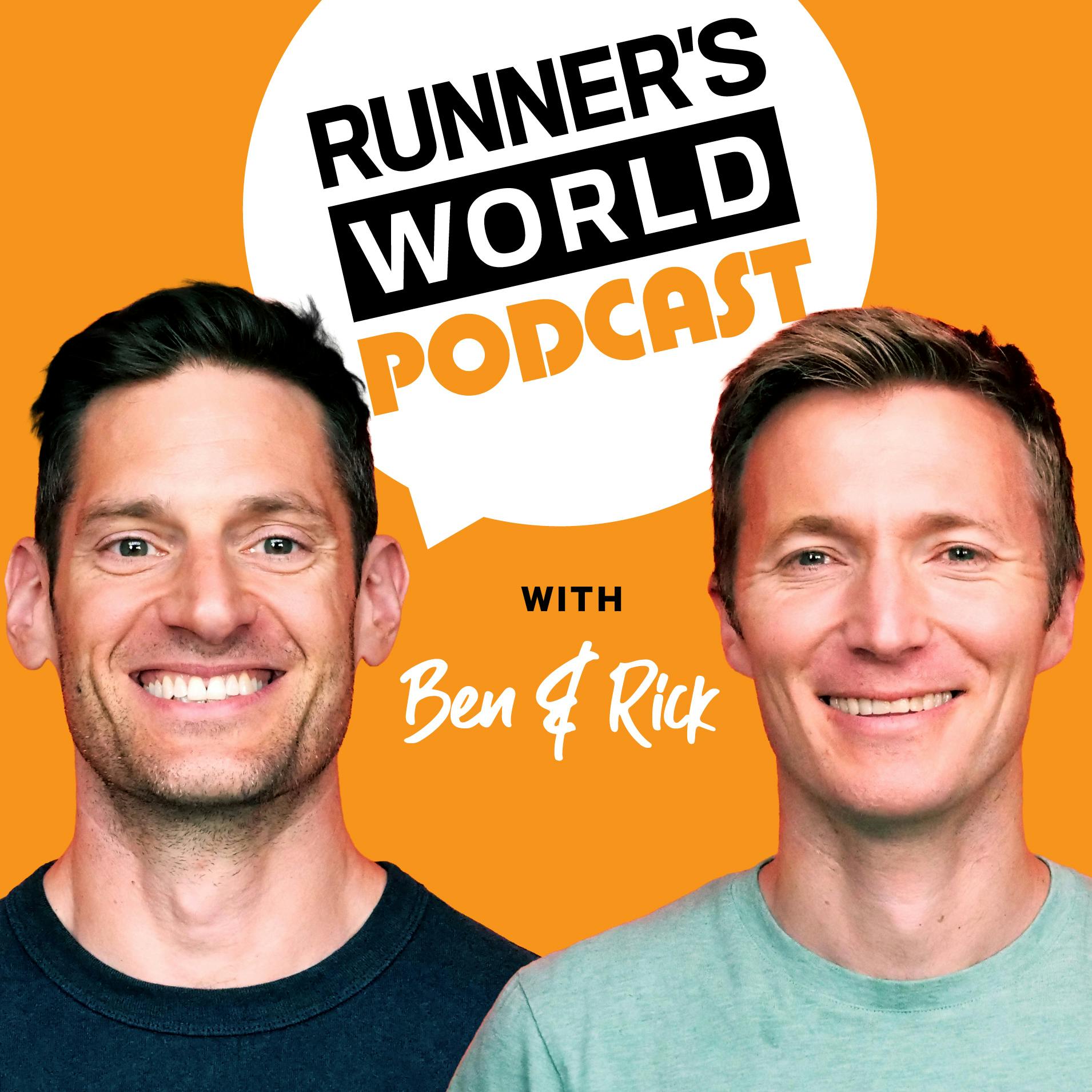
Runner's World Podcast
Runner's World UK
Buzzcast
Buzzsprout
Newscast
BBC News
Understand
BBC Radio 4
Cyber Hack
BBC World Service
Ghost Story
Audible| Pineapple Street StudiosDiz Runs Radio: Running, Life, & Everything In Between
Join Denny Krahe, AKA Diz, as he talks with a variety of runners about running, life, and everything in between.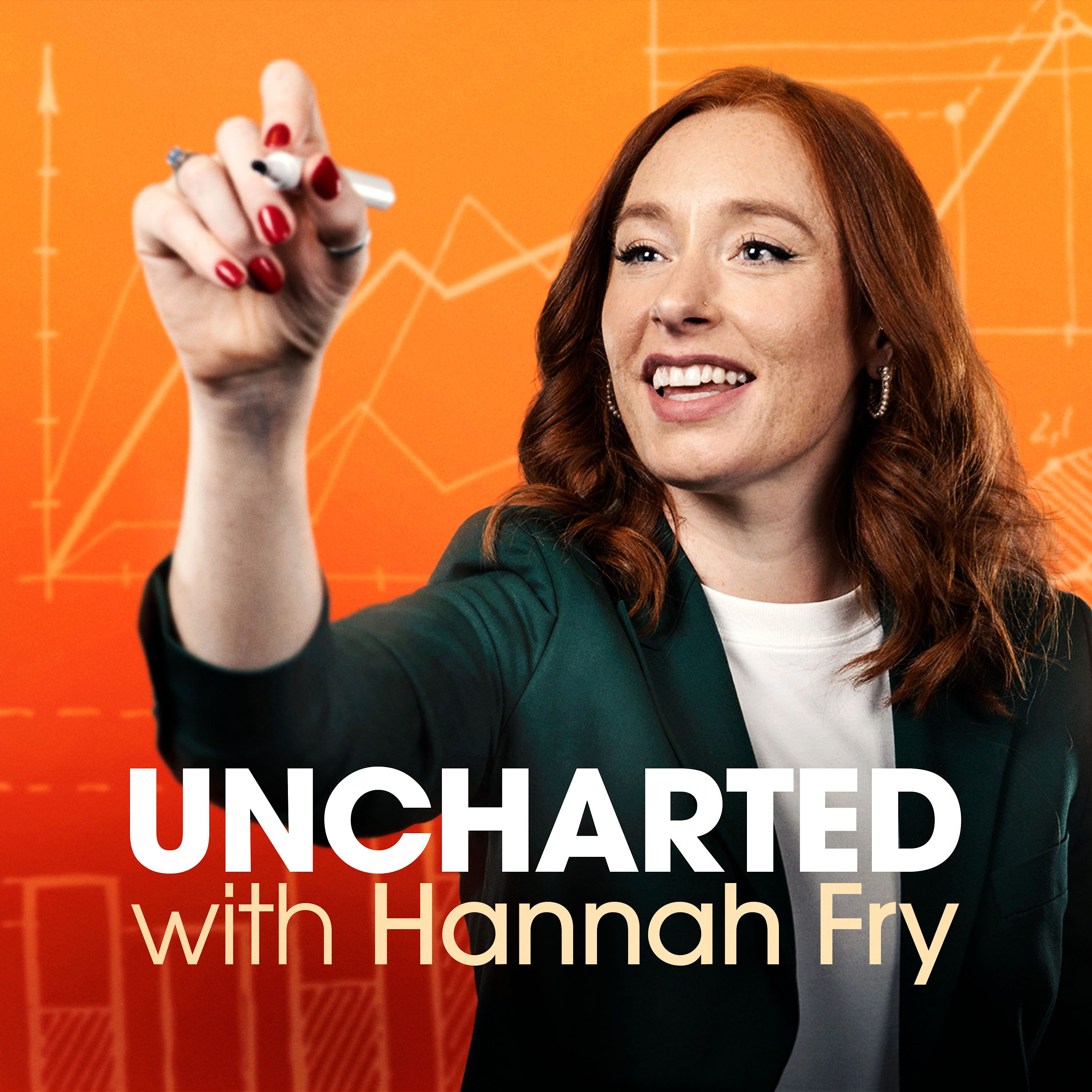
Uncharted with Hannah Fry
BBC Radio 4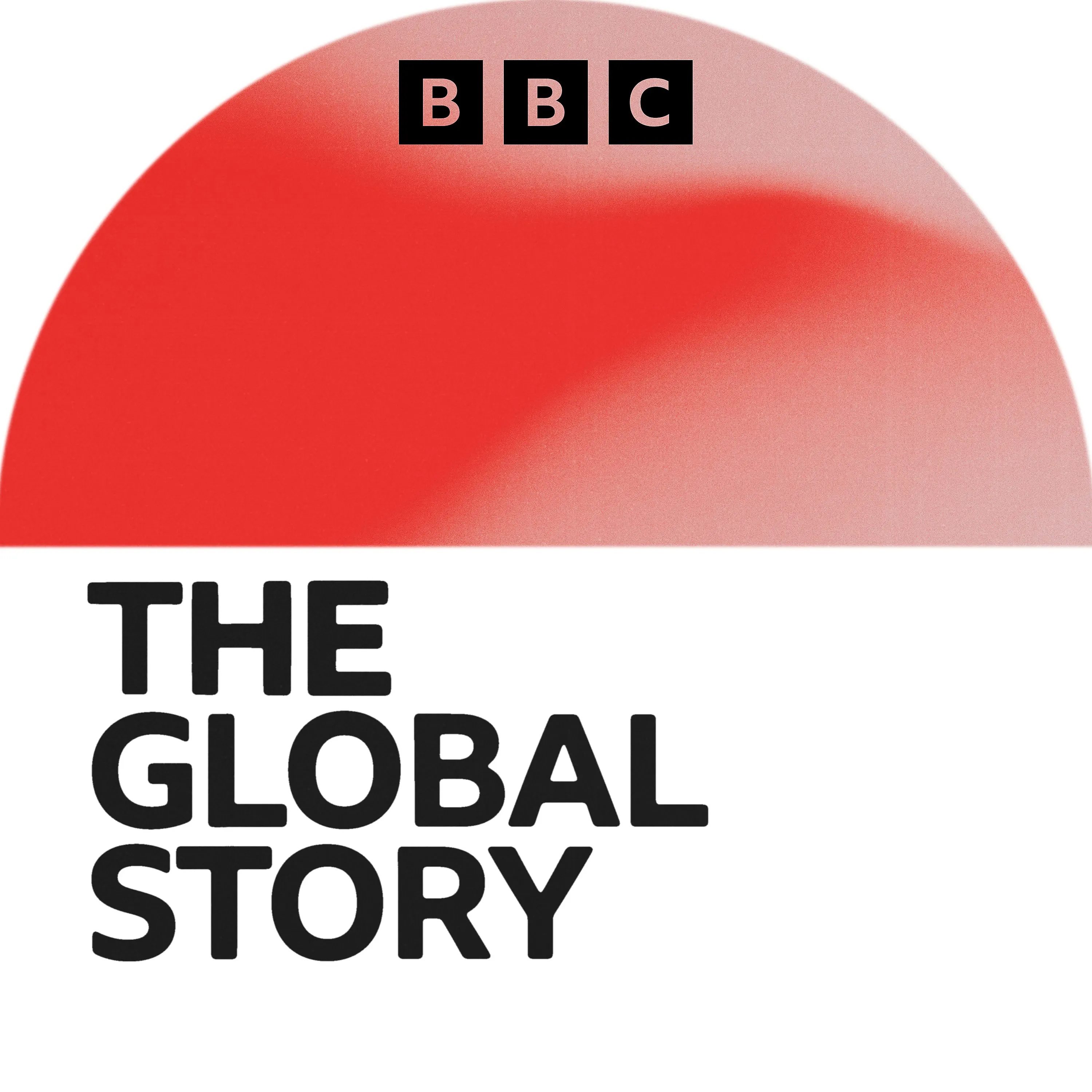
The Global Story
BBC World Service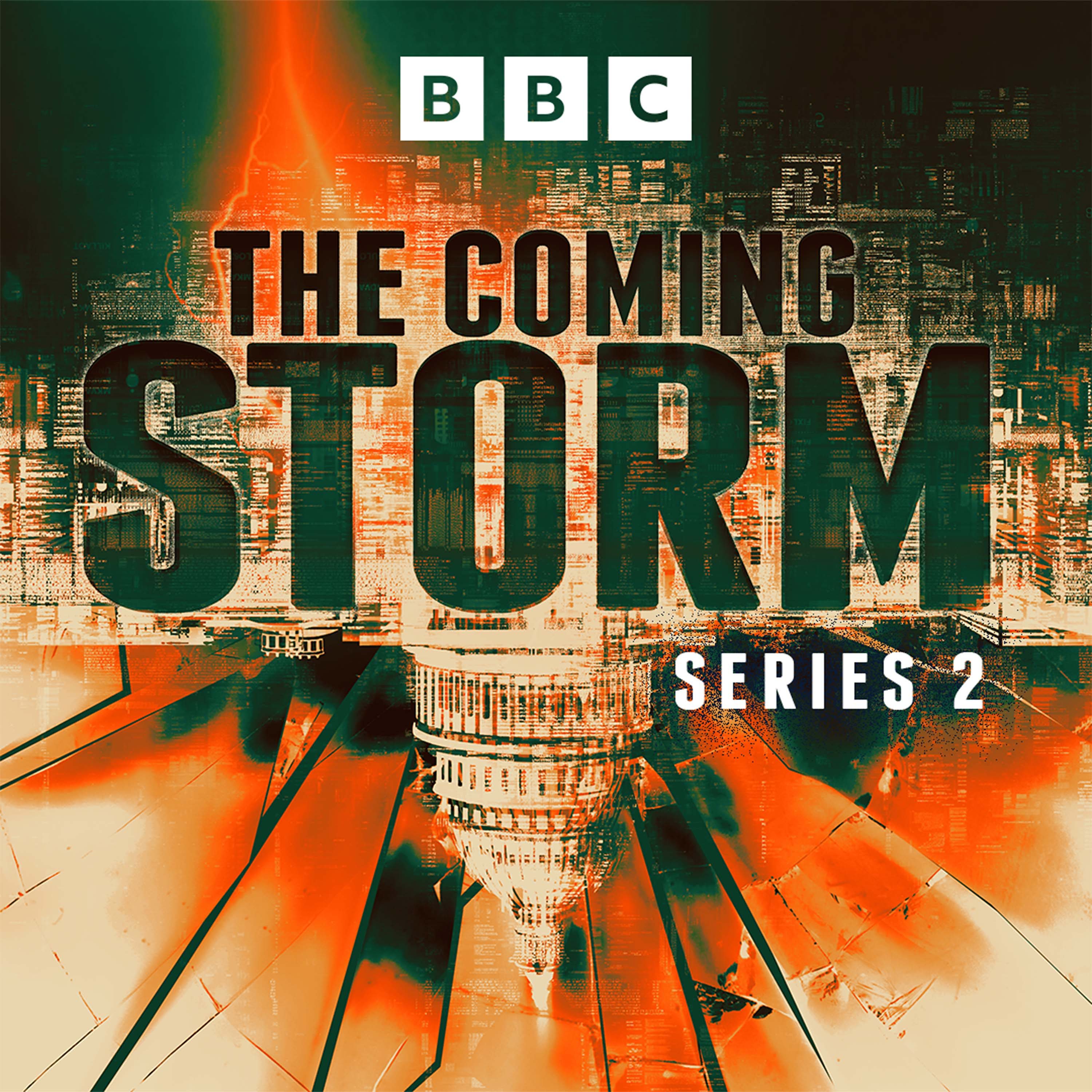
The Coming Storm
BBC Radio 4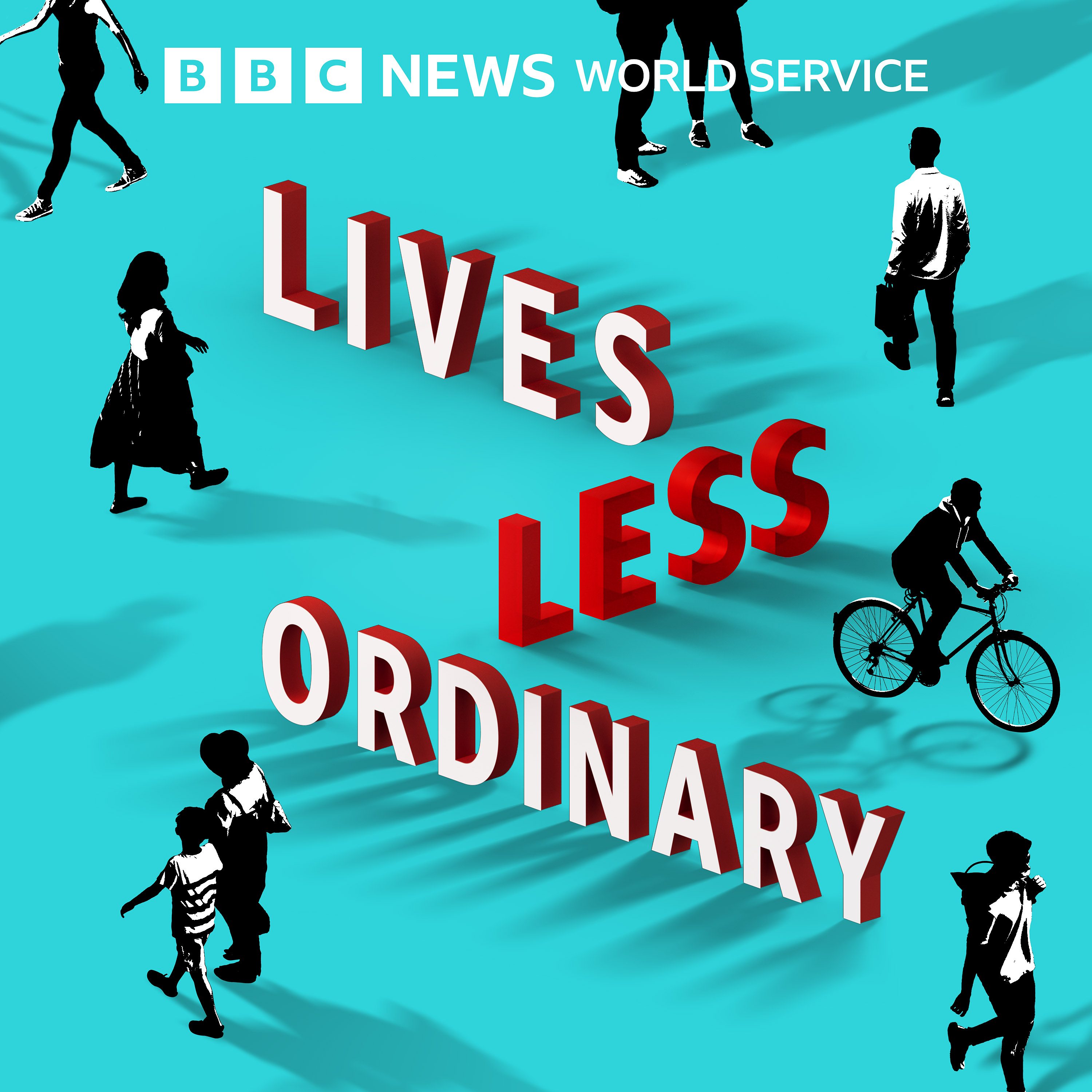
Lives Less Ordinary
BBC World Service
Do Epic Shit Today Podcast
Hannah Mulhern
The Rest Is History
Goalhanger
